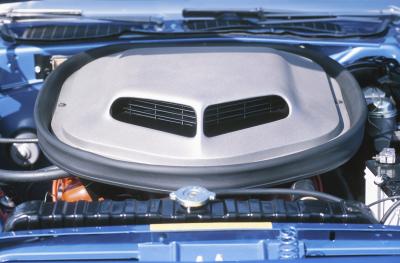
Most types of engines have valves in them, which affect the overall performance of the engine. When valves are not working properly, your engine performance suffers and may even result in ruining your engine altogether. One of the most important aspects of your engine valves to monitor is their clearance. Too much or too little clearance can have a negative impact on your engine.
As an engine runs, it produces a lot of heat. Some of the valves located in the engine are responsible for releasing some of that heat from the engine to avoid overheating. If these valves do not have enough clearance to open properly, the heat remains trapped within the engine and the valves get hotter. As they get hotter, they melt and fuse to the engine so they do not open at all. Once the valves no longer open, the engine can no longer operate as it is intended.
Because engine valves only need to open a particular amount of distance, which is different depending on the engine, too much clearance can also cause issues. When a valve is allowed to open wider than necessary, it often taps up against the tappet, creating a tapping sound as it operates. The contact between the valve and the tappet can cause damage because they are not meant to hit against each other. Therefore, if you hear a tapping sound from your engine, get the clearance checked or check it yourself against the specifications for your engine.
The clearance of the valves in an engine affect the performance of that engine. When a valve is allowed to open too far, the timing of the engine no longer coincides throughout the engine and performance is lost. The engine no longer puts out as much power as it is capable when operating at optimal efficiency. Low valve clearance can also cause performance issues due to an increase in temperature within the engine, as well as a reduced air flow, which is critical to engine performance.
Because the clearance of the valves in your engine is critical to the performance of the engine, check the valves regularly. Each engine requires a specific amount of clearance for the valves for optimal performance. If you do not check the valves yearly or every few years, you may find your engine's performance slipping. Even if the clearance has previously been correct, it can change over time due to wear and tear. Metal in the engine can wear away, leaving a larger clearance or causing surrounding parts to drop closer to the valve, reducing the clearance. If you notice that the clearance has changed out of the normal range based on the specifications of your engine, readjust the valves to regain the correct clearance.